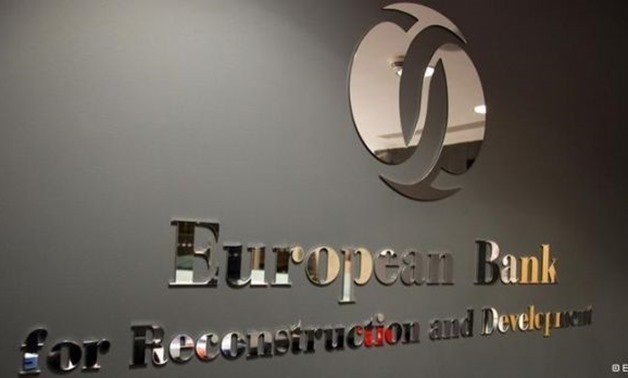
Egypt, EBRD, Agreement, Suez Oil Processing Company, Sahar Nasr, Minister of Investment
CAIRO – 22 May 2018: Egypt and the European Bank for Reconstruction and Development (EBRD) signed an agreement, worth $200 billion, to invest in boosting energy efficiency for the Suez Oil Processing Company.
Minister of Investment and International Cooperation, Sahar Nasr, and Erik Ramosen, director of Natural Resources Department at EBRD, signed the agreement in the presence of Minister of Petroleum Tarek el-Molla.
EBRD also signed an executing agreement of the project with Chairman of Suez Oil Processing Company, Mohamed Elewa.
“This project aims at investing in energy efficiency and improving its usage which will be reflected on reducing the environmental emissions that cause climate change and harm the environment as well as humans' health,” Nasr said.
Nasr added that the project will also work on updating the oil-sector’s companies, supporting them to increase the production of high-quality fuel, compatible with international standards, transforming Egypt to a regional center for the exchange of energy.
The project will contribute in providing new job opportunities in a good working environment as well as providing clean energy and boosting the economic growth through the implementation of environmental investments, according to the minister.
In December 2017, Egypt signed a similar agreement with EBRD in favor of the Egyptian Natural Gas Holding Company (EGAS), where about $125 million were directed to waste heat recovery technologies while the rest of the loan, $75 million, went for other projects.
According to EBRD data, the bank financed 78 projects in Egypt worth €3.5 billion. The current portfolio of projects is worth €2.7 billion.
Established in 1991, EBRD is an international financial institution that is owned by 66 countries from five continents, along with the European Union and the European Investment Bank, targeting to develop a sound investment climate and promote environmentally and socially sound and sustainable development.
Comments
Leave a Comment